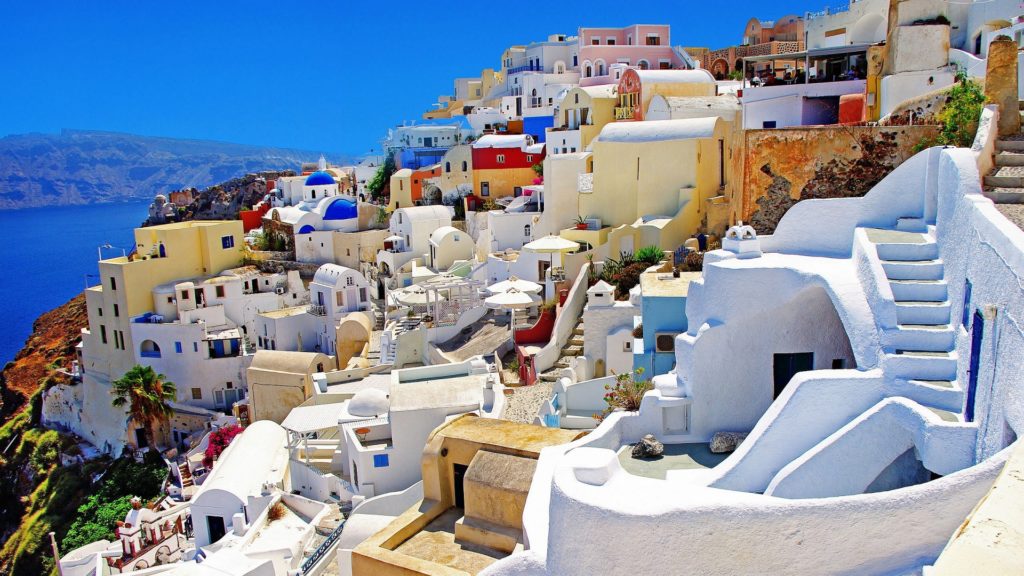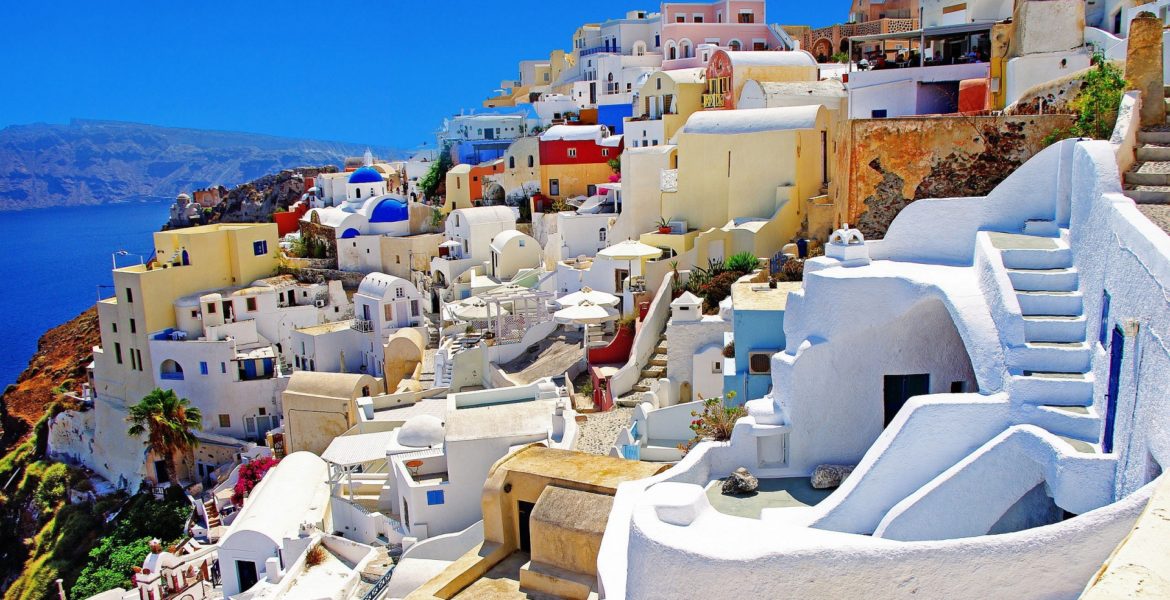
A new report in The Guardian claims that Greece, with its record-breaking 33 million international visitors a year, is set to become “the Florida of Europe”, with the country aiming to improve services enough to attract foreigners to live here permanently.
Journalist Helena Smith says Greece “has everything going for it, a unique quality of life and natural beauty that few other countries are blessed to have.”
“Greece is now among the most popular destinations in the world, poised to attract about 33 million tourists this year despite global economic uncertainty,” she added.
After nearly a decade of crisis, the industry grew nearly 7% last year – more than three and a half times faster than its wider economy. With tourism generating around 25% of GDP, tourism-related jobs for 2019 are for the first time projected to exceed one million, or 25% of the country’s labour market, according to data from the World Travel and Tourism Council (WTTC).
Gloria Guevara, the council’s president and chief executive, has described Greece as “an exemplary case study of how valuable an asset travel and tourism can be when the government prioritises the sector”.
But while arrivals have almost doubled since 2009, Retsos is the first to caution that challenges lie ahead. After years of great success on the back of security fears in Turkey, Morocco and Egypt, other Mediterranean countries have rebounded. Bookings in Turkey are up by 40% this summer.
Over-tourism has also prompted fears of whether a country of 11 million people can cope with an influx three times its population. “This is no longer a game of numbers,” says Retsos, who heads the Confederation of Greek Tourism (Sete), the voice of more than 50,000 private enterprises in the sector. “What we have to do now is go through a maturity process, manage our destinations so that tourists and locals, alike, are happy, extend the season and invest in public infrastructure. If by magic Greece were to attract another 10 million visitors it wouldn’t be able to handle such numbers.”
More than ever, he said, it was vital that roads, ports, airports, waste disposal and electricity grids were upgraded after years of cutbacks during the country’s long-running battle to remain in the eurozone.
“Tourism is Greece’s competitive advantage and it can be the locomotive of development for the entire economy,” says Theodore Pelagidis, professor of economics at the University of Piraeus. “But long-term salvation will only come when it becomes the Florida of Europe, improving services enough to attract foreigners to live here permanently. It has everything going for it, a unique quality of life and natural beauty that few other countries are blessed to have.”
*Source: The Guardian

